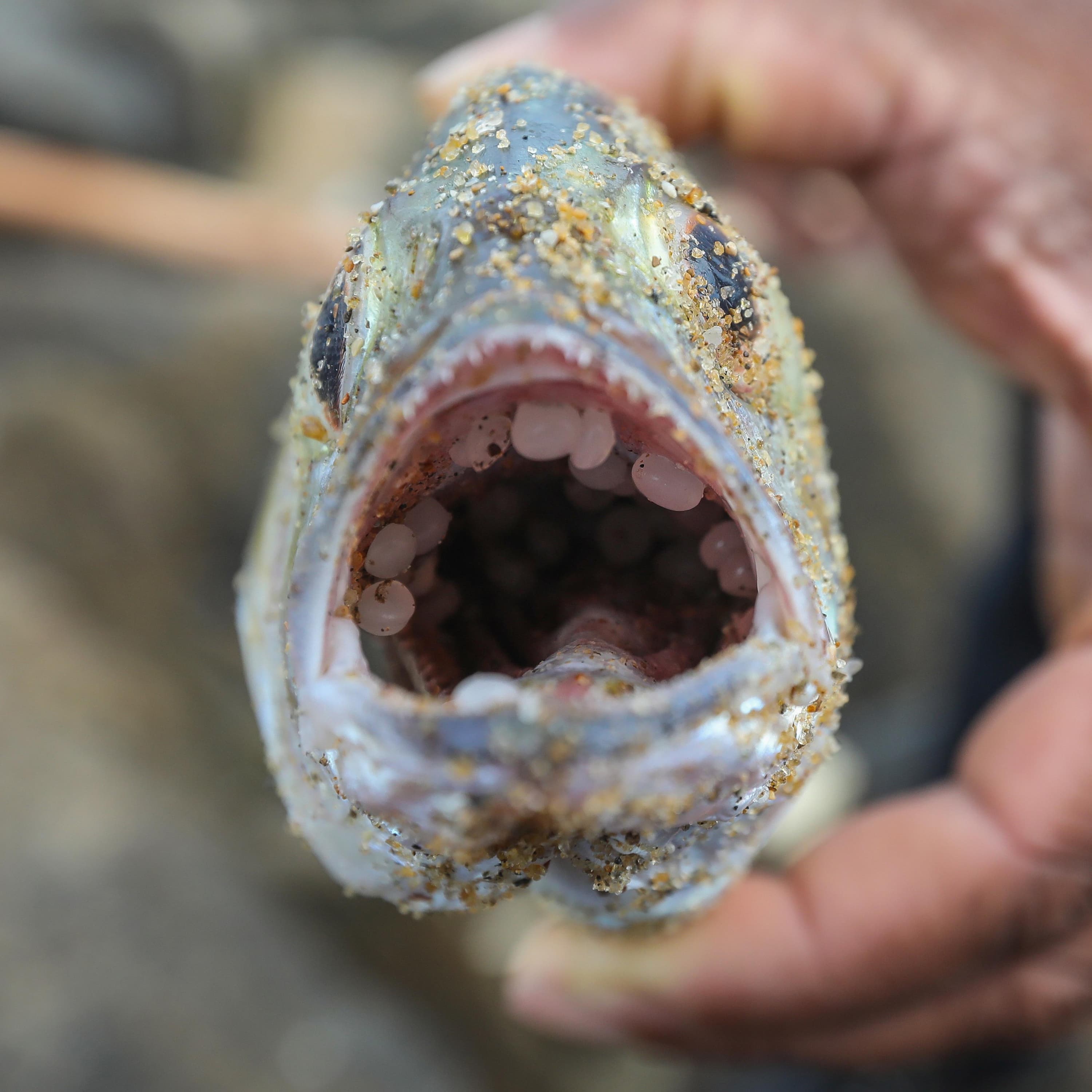
A practical guide to tackling the climate crisis
Loading player...
The first UN climate change conference was held in 1995 in Berlin. More than two decades later, our planet remains on track for three degrees of warming above pre-industrial levels by the end of the century. The answer to avoiding this catastrophe is both simple and staggeringly complicated: drastically reducing and reversing the amount of carbon dioxide entering our atmosphere. How do we do this? Science correspondent Natalie Grover speaks to Prof Mike Berners-Lee, author of There is No Planet B, who has crunched the numbers on everything from carbon offsetting and green investments to e-bikes. Help support our independent journalism at theguardian.com/sciencepod




